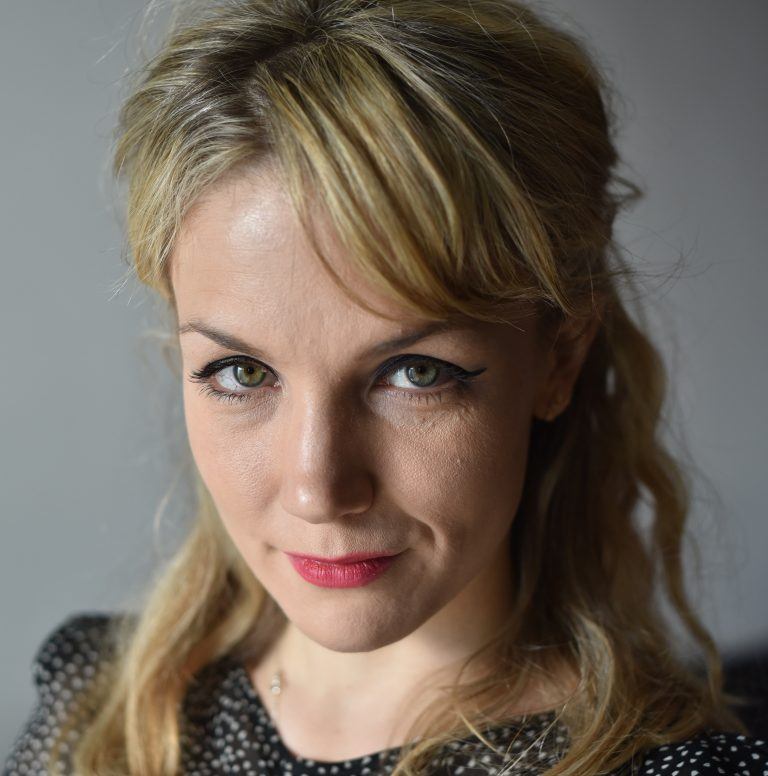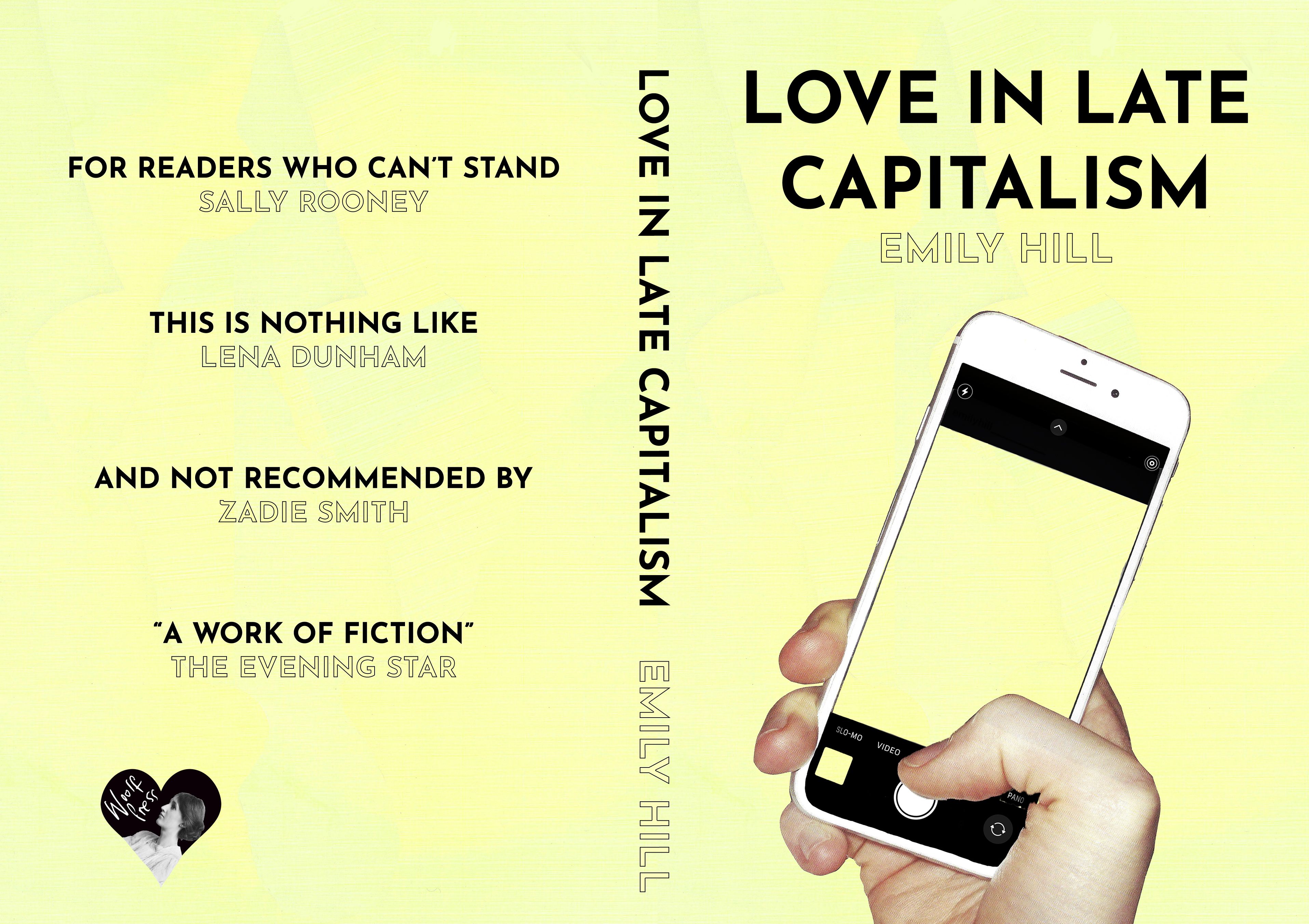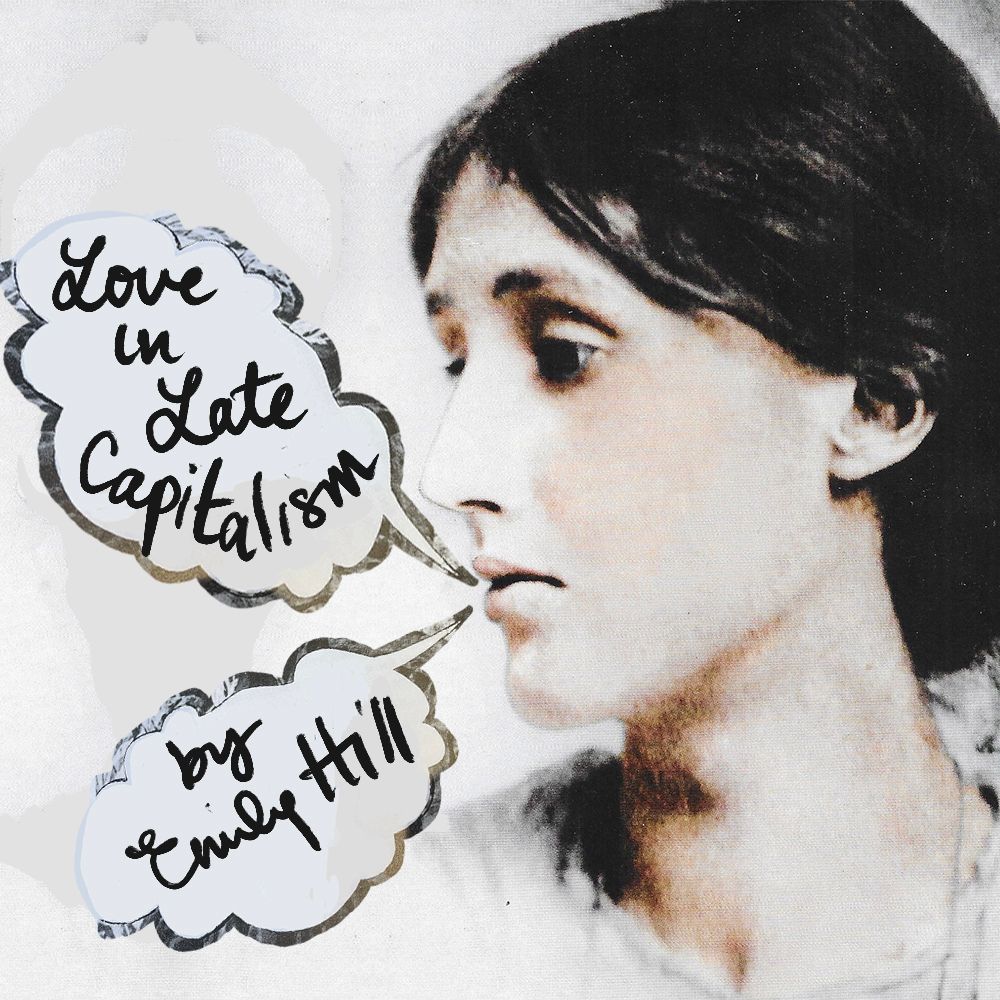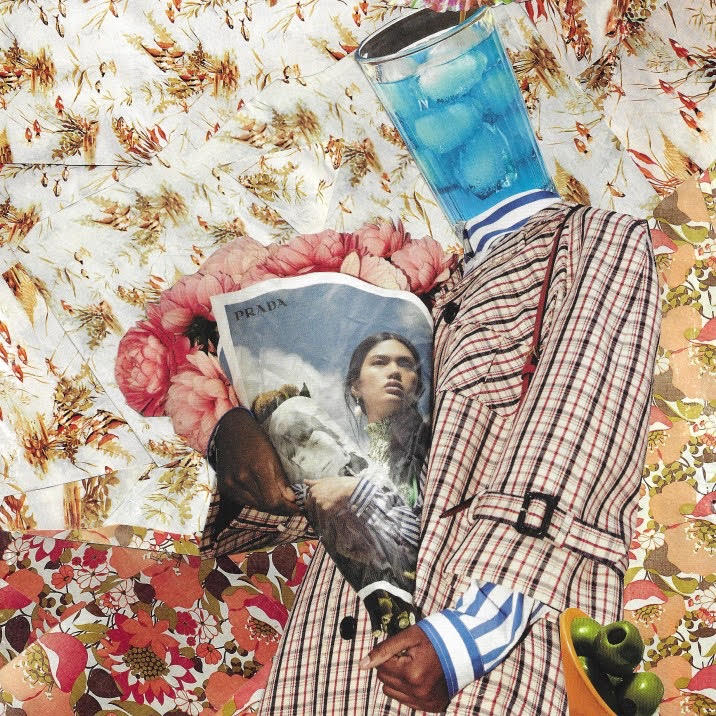
Emily Hill is an author, journalist and celebrated dating columnist who is known amongst the literati for penning sardonic articles on everything from the perils of seeking love in the meta-verse to transitioning, feminism and taking flak in the culture wars. Writing for the likes of The Sunday Times and The Spectator, she cuts something of a divisive figure, being no stranger to stirring up a little controversy, and was widely critically acclaimed for her first collection of short stories Bad Romance, which subversively channeled a surrealist aesthetic into chick-lit via the blackest of black humour. Her first novel Love In Late Capitalism might sound like the next philosophical treatise to hit the shelves by Slavoj Zizek, or the like, but it ploughs a similarly unique furrow in dark comedy, following a depressive suicide survivor and gossip columnist on London’s ‘fastest failing newspaper’ on a mission to find love, while she tears up the landscape of contemporary journalism. Here, the young author talks exclusively to Culture Collective about healthy cynicism, the narcissistic landscape of internet dating and writing books for the kind of people, who nobody writes books about.
Were you surprised by the runaway success of Bad Romance?
I think that the success of Bad Romance came from it being a niche, weird kind of thing, and I think that's good. I've definitely got my niche, and it's definitely not going to be for everybody, or indeed most people, but there are a few people who love it, who are maybe a little bit… freaky? (Laughs) I don’t know what the word for them is! Julie Burchill reviewed the book for The Spectator and she called me the Saki of sex. He was a writer who had this absolutely bitter and wicked sense of humor, and these very strange twists at the end of the story, and I suppose my stories are written in that kind of model. The novel Love In Late Capitalism is very much in the same arena. It’s not Saki, because he never wrote a novel, but it's definitely written in this English tradition of writers like Evelyn Waugh, and it has satirical bite. The book is kind of about the collapse of newspapers, through the eyes of a whole cast of women working in journalism who rampage their way through late capitalism.

Was Evelyn Waugh a big influence on Love In Late Capitalism?
Well, Evelyn wrote the satirical classic Scoop, which was about journalism at that time. I did reread that to get some inspiration, but I was also reading this really interesting book called The Society of The Spectacle by Guy Debord, which is a classic critique of consumerism, and I came to think that we're now at an extra level of the paradigm in that book – as they say in social media, if you're not paying for the product, you are the product. It's as though we're now all deliberately turning ourselves into products to sell ourselves better. It's a kind of social credit system. What I find so weird about journalism now, for example, is all these journalists that will spend every day on Twitter – nobody’s actually paying them to do that. I suppose the rationale might be that if you have a big platform then your followers can become a big audience, and that having loads of followers actually entitles you to write a book. But whether those people are the right person to write a book is really the question, and whether those books actually sell to your ‘audience’ is a whole other thing.

You sound quite cynical about the social media age?
Maybe. I think where we are at with tech platforms is quite sinister. There’s almost a crisis of intimacy now because of dating apps, for example. If you think about it, the way we used to meet people was through other people – so we had to treat people as human beings. But if you're on a dating app, you can literally just delete somebody – it's just unacceptable behaviour. And let’s be honest, the app is absolutely designed to keep you single, because they're making money the whole time with you being single. And in many instances you are the product, because if you're not paying for these services, then you are being sold. So, as a woman, if I sign up for free to a dating app, men will be paying for the same dating app, and those men will start to treat you like prostitute, quite frankly. It's unbelievable. And I don't think men would've got away with that quite so much in the past, and it's not just men who do it. It's basically a platform model that promotes narcissists.

The protagonist in Love In Late Capitalism is pretty unlucky with men…
Yeah, there is an extra marital affair that leaves her feeling very alone and – spoiler alert – she doesn't get the happy ending she would have wanted at the start. She actually throws herself off a bridge in the first chapter, and survives, so, from there on, the book is about finding reasons to live. There’s some celebrity culture in there too – a central joke is a little reporter who's so desperate to get ahead in journalism that she starts to see celebrities everywhere – she thinks she's seen Vladimir Putin at Tesco and, Kim Jong-Un at a nail salon, stuff like that. Margo is the central character, though, and she's jumped off the aforementioned bridge, and is suicidally depressed, but is also on this kind of rampage to live. I hope it’s as funny as I intend it to be. There is a lot in there about female friendship, and a lot about the happiness that comes from platonic relationships with other women. I think that this book will help people. It's a conventional, romantic story in many ways, but it's very unconventional in other ways, and it’s for the kind of people that don't ever have books written for them.
Click here to find out more about Emily Hill. Collages by Emily Hill.